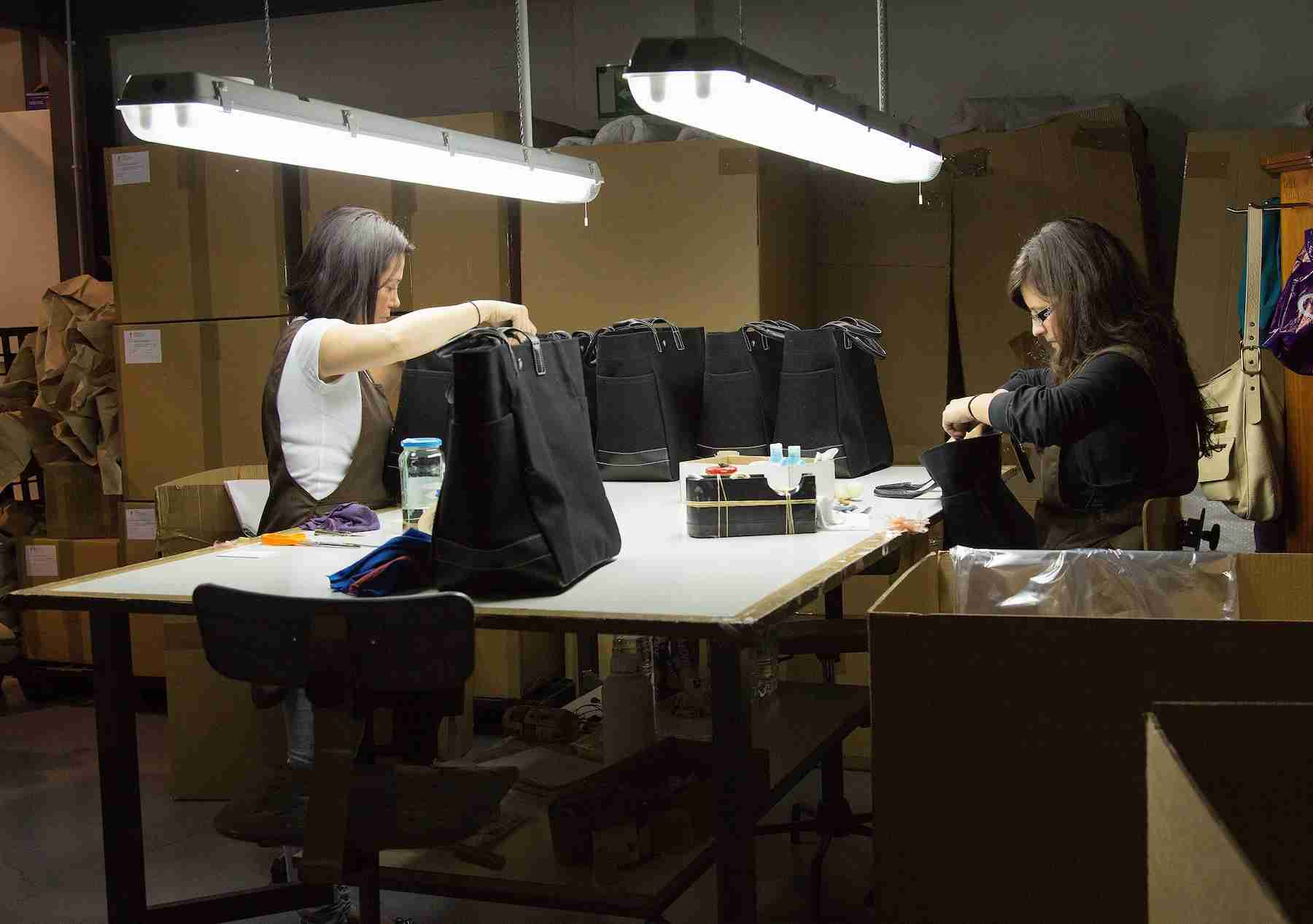Fashion manufacturing is not for the faint-hearted. Working with the wrong manufacturer can be painful. Fashion manufacturing is like relationships. In fact, it is apt to compare the process to dating…Pick the right fashion factory – and you’ll live happily ever after. Pick the wrong one – and life will not be worth living. Regardless who you pick – you’ll have to get used to each other and learn to compromise.
But while we learn how to play the dating game early on and there’s plenty of books on the matter and friendly advice, manufacturing is a whole other game. Working with the wrong manufacturer can create countless problems and lead to loss of business even.
So how do you know if you are working with the wrong manufacturer?
How do you know if there are problems brewing that you may not be aware of, but will sooner or later take you by surprise? How do you spot the symptoms early on and have enough chance to prevent future bigger problems?
Join the 5 Day Fashion Manufacturing FREE training challenge and learn how to make the right selection and how not to be ignored again.
The following pages will show you ten symptoms that MAY be worth looking deeper into and seeing if there are improvements that can be made.
1. Overstock
Unless you make-to-order, you are bound to accumulate stock that will sit around – unsold. While this issue will be linked to sales performance, if you are making much bigger quantities than you can sell reasonably well, you might be working with the wrong manufacturer.
Small brands often struggle to find small factories with small or no minimum order quantities (MOQ) requirements. Often, in desperation to get their products made and go to market, brands agree to work with factories with higher than they need MOQs hoping that they will sell more, sell at discount, re-negotiate later… All assumptions that as soon as they are made, they are forgotten about and before you know it….They have an overstock problem.
Why is overstock an issue? Well, to put it bluntly – any stock unsold is cash the brand is sitting on but unable to re-invest in the business.
Tip: 3 Tips for managing product overstock.
2. High prices
High prices which prevent brands from selling at a minimum working operating margin is a big silent killer.
The factory you have chosen may be the best there is, but if you cannot sell your products, at a price that will allow you to earn a profit, you’re in trouble. No money that can be re-invested to grow your business, means sooner or later the business will run out of funds to grow.
Find out if you’re working with the wrong manufacturer for your brand and product by analysing every detail of your relationship.
3. Lack of trust
Trust is the foundation of every good relationship – be it personal or professional.
If there is no trust between you and your manufacturer, you are missing out a lot. When there is trust, brands typically see the manufacturers do them favours – small and large. And vice versa of course.
Trust means preferential terms of business, industry insights that can bring opportunities or prevent problems. If this sounds like you want some trust in your relationship with your manufacturer – just remember…trust is not given, it is earned. Both ways.
4. Bad communication
Much like trust, bad communication is the downfall of any relationship. You don’t have to speak different languages to miscommunicate.
Learning how to communicate verbally, visually and via writing is essential for the success of your business, and not just with your manufacturer. Spotting the problems related to communication and addressing them is essential.
If you try and don’t find improvement and effort from your maker, this will repeatedly cause problems and prevent you from growth, not to mention the constant stress to which you and your business will be subjected.
5. Constant delays
If your manufacturer is constantly late with their orders, despite your best efforts to ensure season after season this doesn’t happen – this is bad news. Working with partners that have no respect for timelines and deadlines is unpredictable and unreliable.
In a competitive industry like fashion, you are only as good as your last collection. Your reputation is everything and having it tarnished for no good reason is enough of a reason to consider your working relationship and look for a better partner.

6. Quality issues
You may be the most talented and promising brand on planet “fashion” but if the quality of your product is even a little bit short of “excellent” – you’re days are numbered.
Quality in today’s spoilt for choice consumer world is everything. No matter your market placement, quality is expected no matter the cost and taken for granted. If your manufacturer delivers products that are not perfect, your product is simply not fit for purpose.
If you are certain that you have done all from your side to ensure a quality product, then it is time to review your manufacturer, their internal processes and reconsider your working relationship.
7. Not reliable
Depending on the location of your manufacturer you may struggle with what seems like a case of unreliability. In some cultures, it is not customary to disagree or say “No”.
In other cases, there may be no obvious reason for you to agree on one thing and get different results.
Regardless of the cause, great businesses do not run efficiently on unpredictability. While you might be “managing” at the moment, ask yourself what is it costing you and your business? Stress? Sleepless nights? Loss of sales?
8. Don’t like to take responsibility
For most fashion brands, manufacturing is very much a human process. Products are hand cut, hand sewn, hand-assembled and handmade. There may be many reasons for mistakes to happen. Human error is normal and happens no matter how much we try to prevent it. How your manufacturer deals with the problem when it occurs is telling.
If they shout and cast blame, refuse to repair at cost or no cost (depending on the origin of the problem) then time to think twice about the future. As the old proverb says “a problem shared is a problem solved”. If the problem is not shared and you – the brand – is always at the paying end of it – your business will be suffering.
9. Disorganised
Is the factory you work with messy?
Do they loose materials and components often? Miss out on seeing emails?
Forget to order or pay something critical to your orders? Misplace packages or don’t even know something has been received?
These are all signs of a factory lacking internal systems and processes. While they may always manage to recover from mishaps, they are unlikely to be a business that can evolve to offer the support growing fashion brands need.
DOWNLOAD THE FREE REPORT: 10 Mistakes Fashion Brands Make When Selecting a Manufacturer to Work With
10. Lack of mutual respect
It is all too often that manufacturing relationships begin or ends up with both parties mutually disrespecting each other.
Success in the fashion industry is based on personal relationships.
The nature of the relationship designer/manufacturer is not an easy one. There’s a lot of egos involved on both sides. If and when “ego” gets in the way and the respect is lost – it is the beginning of the end.
Working with the wrong manufacturer is sometimes hard to spot. But looking for the signs and making sure that you’re working with the right manufacturer for your product and business is crucial for the success of your brand.
Suggested further reading: How to Find the Right Manufacturer




